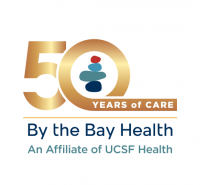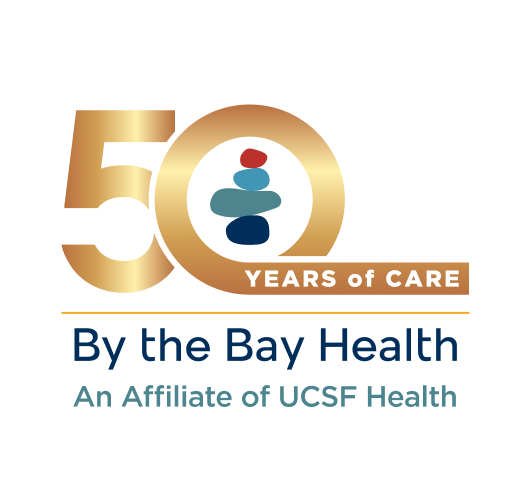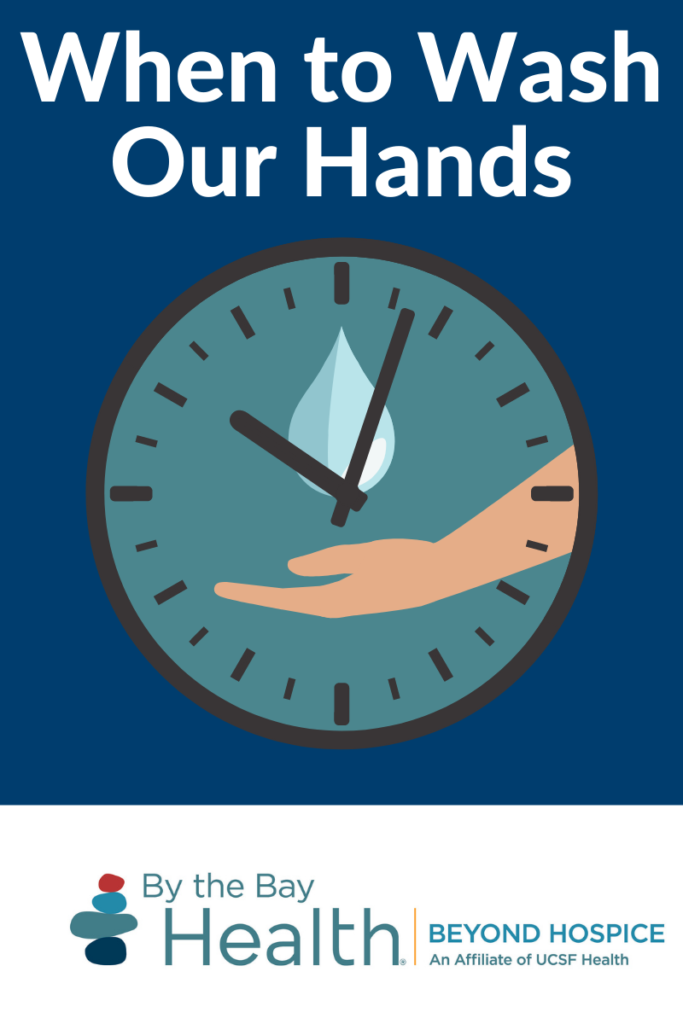
Having clean hands can provide extra protection against illness and infections.
Especially when caring for others, it’s important to know that we are providing service that is free of germs. That’s why knowing when to wash our hands is vital for promoting optimal health.
Here are a few examples for children and adults to know when to wash their hands:
Before preparing food.
This prevents food poisoning and other foodborne illnesses.
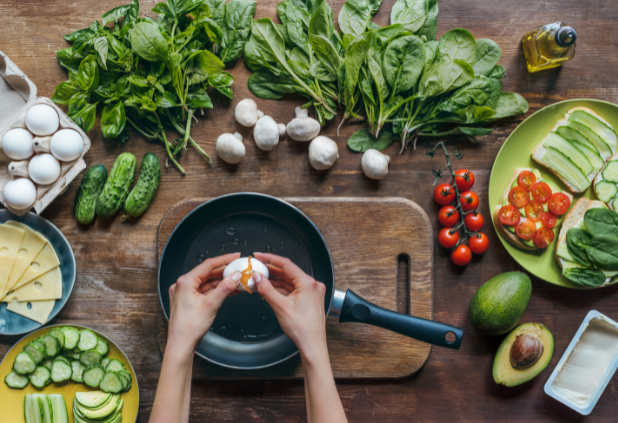
Before you eat.
Hands carry germs that cause common infections like the stomach flu or sore throat.
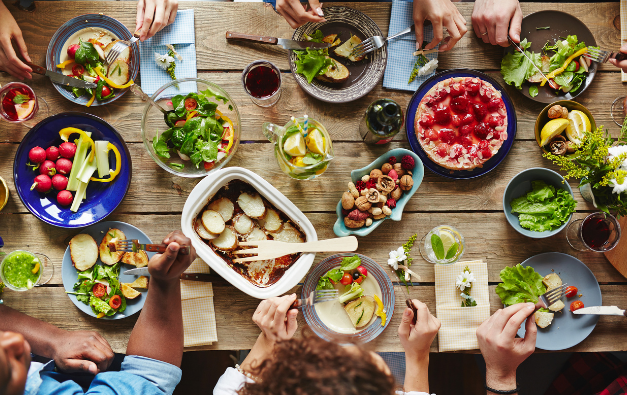
After touching raw meats
(Ex. Chicken or Beef)
Raw meat could contain bacteria such as salmonella, E. coli, listeria, and parasites.
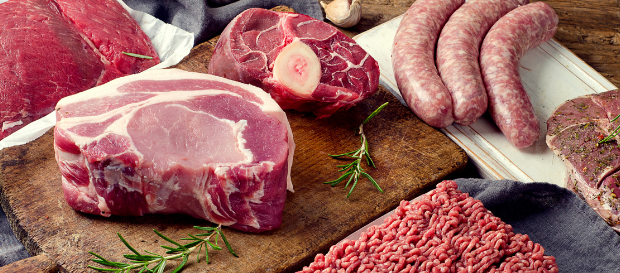
When hands are visibly dirty.
Be sure to wash any soil, grease, or dirt from hands thoroughly. If your hands are visibly dirty, hand sanitizer will not be effective.
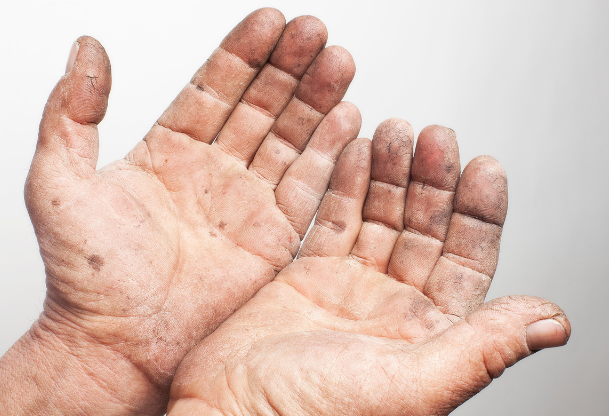
After changing infant or adult diapers
It’s essential to keep hands clean after changing diapers for the one you care for, and you. Our hands can pick up bacteria such as Hepatitis A, E. coli, Pinworms, Salmonella, etc.
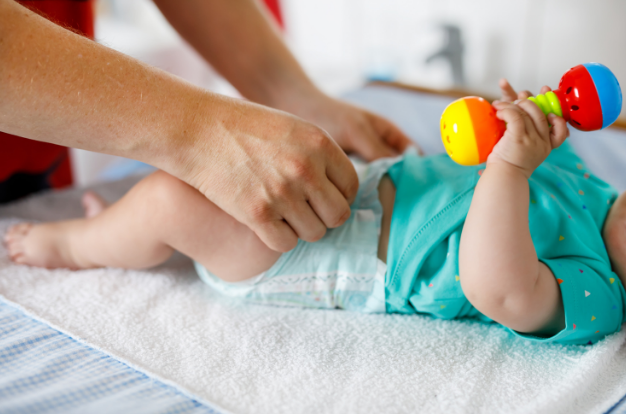
After using the restroom.
Germs can be hiding on bathroom surfaces, doorknobs, and faucets. Washing your hands after using the toilet protects you and others.
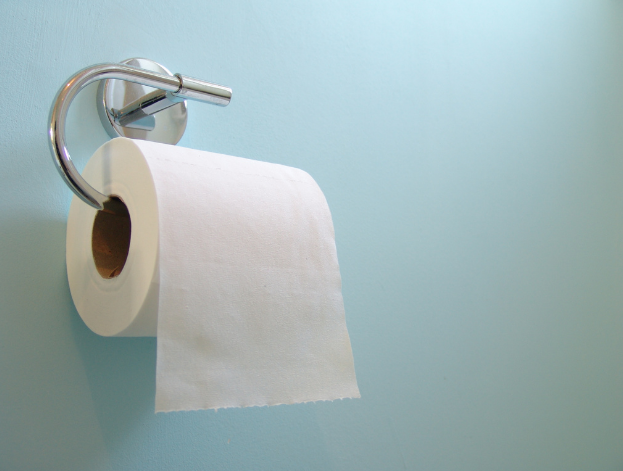
After contact with body fluids like blood, urine, or vomit.
Alcohol-based hand sanitizer should not be substituted for soap when touching body fluids. Good hand hygiene allows you and those with vulnerable immune systems to be safe from dangerous infections.
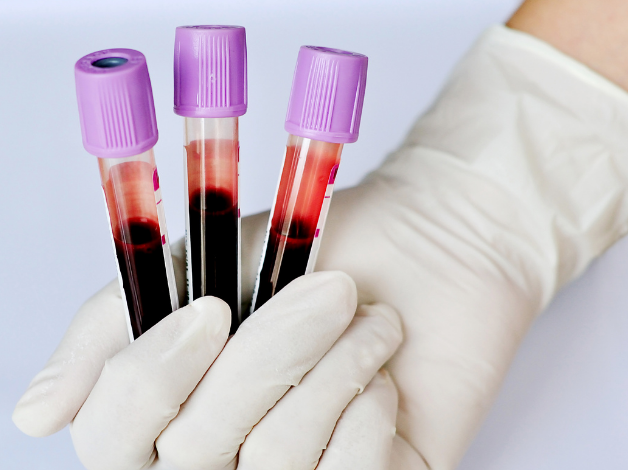
After removing medical gloves.
It’s difficult to remove gloves without contaminating skin and clothing.
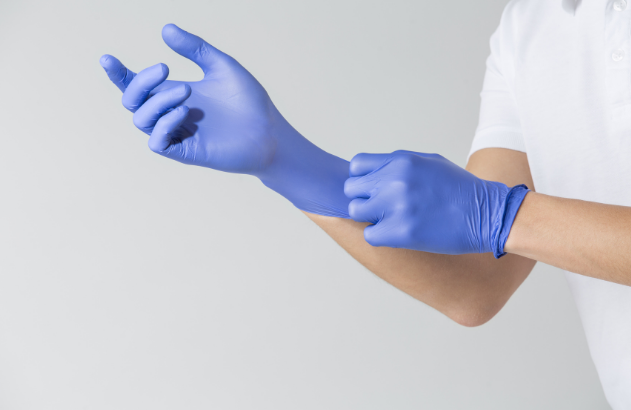
After touching animals or pets.
This decreases any risk of contracting zoonotic disease (a disease that transfers from animal to humans).

Remember to always use plain or anti-microbial soap whenever you wash your hands.
